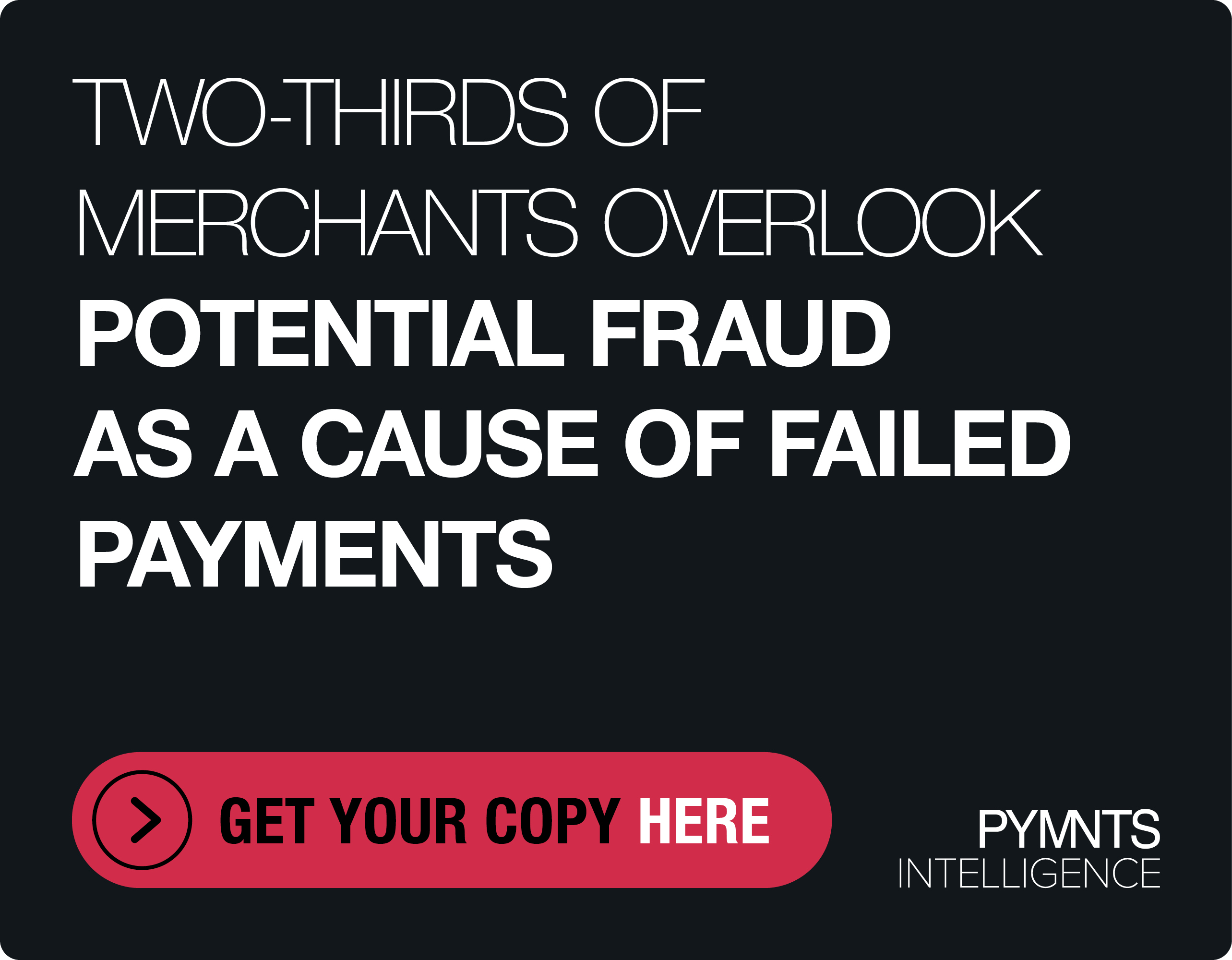Bird’s Scooter-Sharing Platform Invests $150 Million In Europe

Silicon Valley scooter and vehicle sharing platform Bird is launching an expansion across Europe and is earmarking $150 million to make it happen, according to a company press release on Tuesday (March 16).
The unicorn startup said that in the coming months, Europe will see its battery-powered two-wheelers extend to 50 new cities. Bird is also expanding its fleet where it now does business. The decision coincides with positive performance across Europe in spite of the effect of the coronavirus.
“Europe is playing a leading role not only in embracing micro-EVs, but in redesigning cities to safely promote their use,” said Travis VanderZanden, founder and CEO of Bird.
“We’re committed to working with cities to advance these incredibly positive initiatives by investing in the technology, as well as the safety, equity and sustainability programs, that will usher in the next generation of clean urban mobility across the continent,” he said.
A portion of Bird’s $150 million investment will go toward “implementing the next generation of recycling and second-life applications for vehicles, investing in industry-leading equity programs and securing partnerships across the region designed to improve transportation for all Europeans.”
Bird said that as Europe increases efforts to allow for a boost in the level of vaccinations, the company feels it has “a responsibility” to the areas they call home to help facilitate reopening and recovery. Riders across Europe account for almost one out of every two Bird rides globally.
Bird launched a new scooter — the Bird Air — in September 2020 in an effort to side-step retailers and extend its outreach to more regions. The Bird Air goes 15 mph and its charge lasts for 16 miles. At the same time, the scooter company also launched Bird Pay, which it originally piloted in two California hubs. A recent PYMNTS study, “How We Will Pay,” indicates that there is a need for further advancement of digital, contactless payments.
